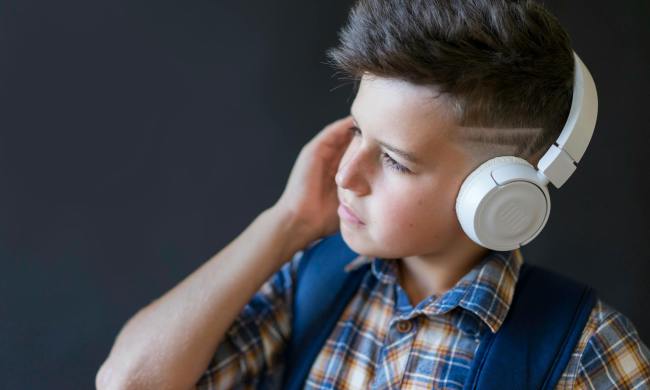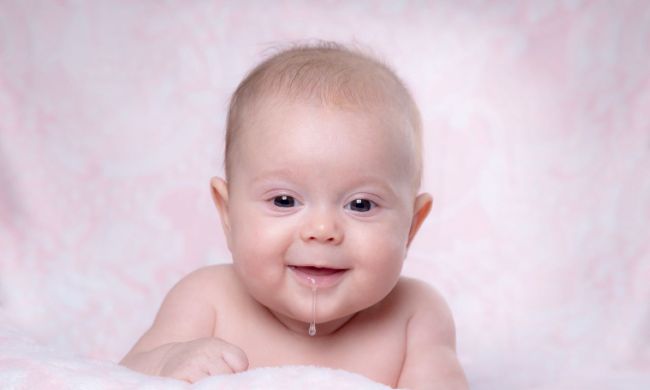Nicknamed the “tripledemic,” the flu, RSV, and COVID all made a comeback among children in the last few months. What’s more frustrating for parents — other than having a sick child — is the overlap between these three that makes it difficult to know which is which, so you know how to treat it.
Though numbers are starting to decline, there are still weeks of winter to go where your child could catch any of these viruses. Parents need to keep an eye on possible cases at home, and we’re here to help by giving you all the information you need to know to keep your children healthy, with a little help from our expert, Board-Certified Pediatrician Dr. David Berger, founder of private practice Wholistic Pediatrics & Family Care.

What each virus is
The first step to dodging the tripledemic is to know what each virus is by itself.
RSV
Respiratory syncytial virus, or RSV, is a pretty common virus that almost every single child will catch by the time they turn 2 years old.
It spreads around by the good old methods of someone with it coughing or sneezing on you, getting too close to someone who has it, and not washing your hands after coming in contact with it and then touching your face.
The flu
This viral infection that affects the lungs, throat, and nose is the most well-known to the general public.
The influenza virus spreads when an infected person coughs or sneezes and a healthy person breathes in those sick droplets. And, once again, you get the flu from not washing those hands and touching an infected surface and then your face.
COVID
COVID-19 is the newest virus that we’ve all become experts on in the past few years. It’s caused by the coronavirus named SARS-CoV-2.
You know by now how it spreads. Those virus droplets land on a healthy person when an infected individual laughs, coughs, sneezes, or breathes on them. And once again, those hand washing skills are important for this one to prevent spreading it around.
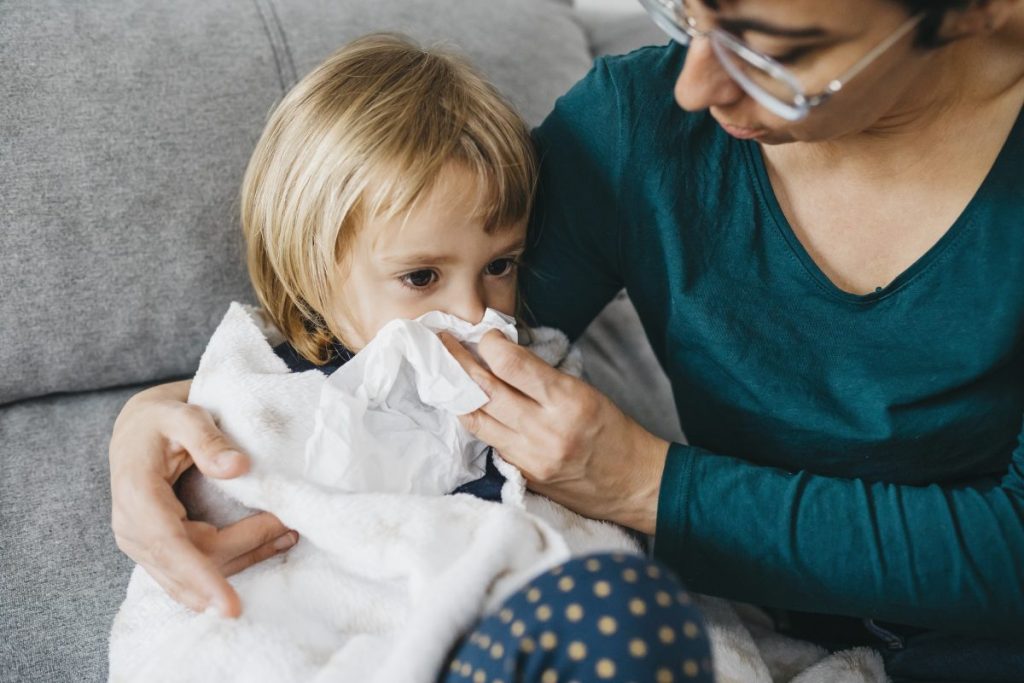
Symptoms of each virus
This is where it gets a little tricky, as the symptoms between these get tangled.
RSV
- Sneezing
- Coughing
- Fever
- Runny nose
- Reduced appetite
- Possible wheezing
Symptoms will begin to pop up around day four of infection and will last one to two weeks.
The flu
- Nausea
- Headache
- Fever
- Cough
- Stuffy nose
- Whole body aches
- Feeling dizzy
- Exhaustion
- Sore throat
- In children, diarrhea and vomiting are more common
You could start to feel these symptoms as soon as the next day after infection and they’ll stick around for about a week.
COVID
- Cough – this is the big one
- Body aches/headaches
- Sore throat
- Finding it hard to breathe
- Stuffy nose
- Upset stomach/diarrhea
- Sudden loss of smell and/or taste
- Exhaustion
Your child could display symptoms as soon as two days after infection, but also up to two weeks after. This one lasts the longest, with the symptoms actively lasting anywhere from two weeks to months.
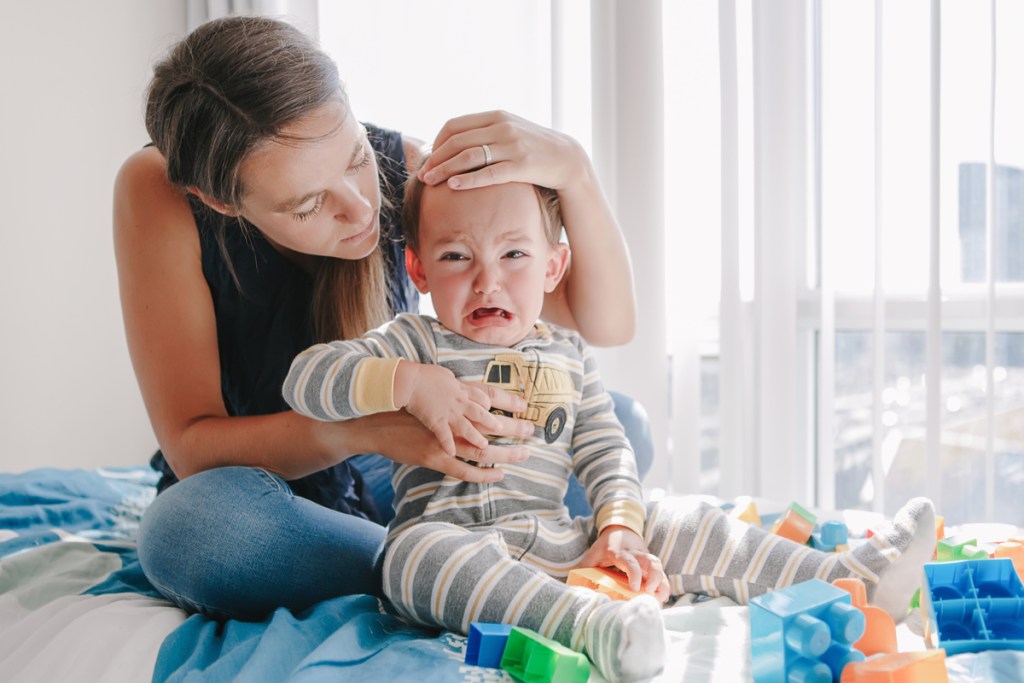
What to do at home to help alleviate the symptoms
The first thing you should have your child do if they have any of these viruses is to stay at home. They need a lot of rest — and cuddles. Keeping your child hydrated is the next key step.
If your child is getting really uncomfortable and you want to help relieve the pain in their little bodies, stick with ibuprofen or acetaminophen (Advil, Motrin, and Tylenol).
Basically, stay away from aspirin!
Doctor David Berger said that “if a person has COVID, they should follow the CDC recommendations for quarantine and returning to school/work. Paxlovid can be taken if 12 years old or older, though for most kids, this is not necessary. If tested positive for the flu, Tamiflu can reduce severity and length of illness.”
And to help prevent your child from getting sick in the first place? Dr. Berger said to “avoid high-sugar foods, which interfere with allowing the immune system to respond in an optimal way. The healthier the diet, the healthier the immune system.”
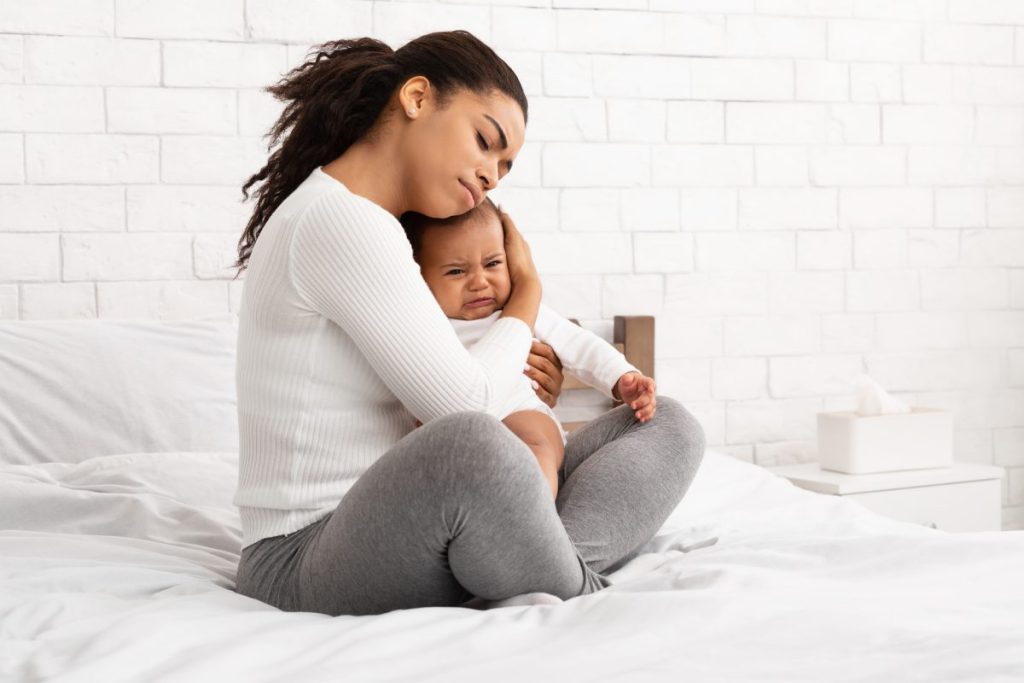
When your child needs to be seen by a doctor
As parents, we want to call the doctor to be reassured our kids will be OK. When it comes to these viruses, Dr. Berger has some advice on when to take your child to see the pediatrician.
But first, you should know when not to take your kid to the doctor. If you’ve had your child tested to know which virus they have, unless a bacterial infection shows, the American Academy of Pediatrics advocates for “watchful waiting,” giving pain medications and fluids, and reassessing again in a few days.
So, when do you call the pediatrician? Dr. David said that “signs of respiratory distress (rapid breathing, color changes, rib retractions, nasal flaring, looks of worry on the child’s face, etc.) should be evaluated immediately.” He also noted that “if a child cannot be awakened, or is irritable and cannot be consoled, a medical professional should evaluate the child ASAP.”
But remember, if you feel like something is wrong, it’s better to be safe than sorry and call the pediatrician.
Between RSV in kids, the flu, and COVID, navigating the winter season feels like playing Frogger. But you’ll be an expert in how to figure out the tripledemic with kids in the house with a little help from us — and our expert.


